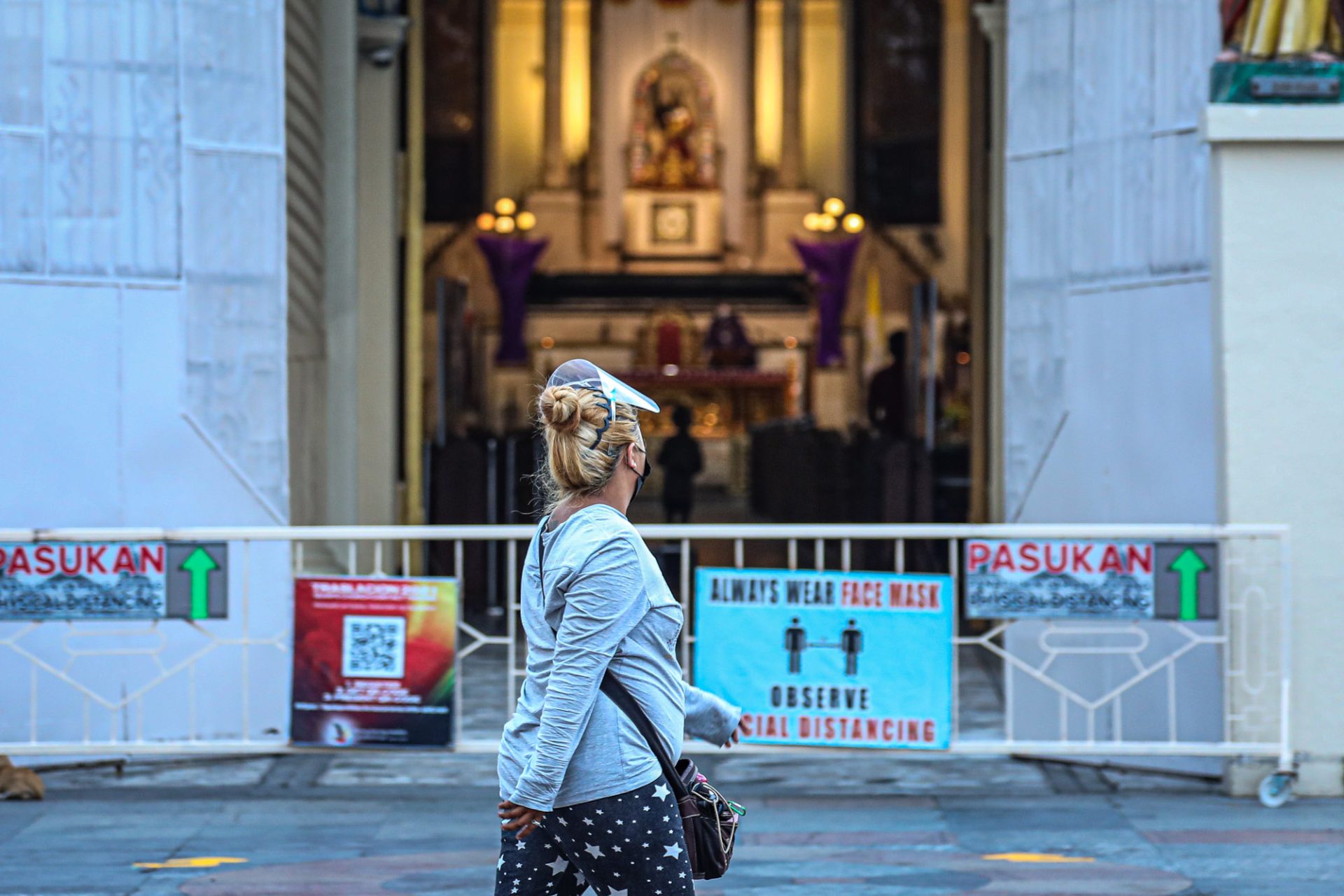Reflection for the Ascension of the Lord (Cycle A)
The contemporary conversation on not being “religious” yet professing to be “spiritual,” signifies for many conservative Church observers the mark of a growing secularization, if not a growing empathy for the atheist sentiment. It has raised a most fundamental question on the paradox of atheism: “Can someone be ‘spiritual’ without professing the use of the word ‘God’? How else can we interpret the experience of being ‘spiritual’ without being ‘religious’? How can one be ‘spiritual’ without a ‘Spirit’?”
The answer to these questions may contain the key to comprehending the antithesis of atheism; a deeper reflection on these novel circumstances may reveal that atheism may actually be less an act of denying the existence of God, than an act of rebellion against our hypocrisy in professing faith in him.
We perceive the institution of religion as signified by an organization of beliefs and norms of conduct that are agreed and imposed in common, on communities that have committed itself to such commonness. Religion is what gave Mystery its name; it is religion that assured us of its commonness, that protected its orthodoxy. It gave us the comfort that what I believe in, will be held in common by another person in my community; that what I wish his conduct shall be, will indeed be the conduct that he will voluntarily do. Sameness facilitates much of human behavior – I can manage better myself in relation to others because we think and act in the same way.
If somebody else within our midst is different, then we are cautious to think, speak and act. It is now the enigma of the ‘unknown other,’ which baffles and frustrates us because we are normally afraid of confronting the unknown. How do we speak and behave before people of another religion, another country or another belief-system? Consequently, religion became a bastion for our inner security; we are more comfortable speaking to one who calls the Mystery as ‘God’ than to one who calls the same Mystery as ‘Allah’. All the more we are shocked at one who refuses to call the Mystery by any name, and with those who like Luke Skywalker, only recognizes a ‘Force’.
Is there anything wrong with wanting to be secure? Truly, we do rightfully seek security for our basic needs, in family, in a community, and in a religion or in an organization that celebrates its identity and commonness. It gives us the assurance of the meaning of our existence. But when we begin to seek security in money, in prestige and in power, the thin line between the rightful purpose of self-preservation, and the unjust purpose of self-aggrandizement is dismally fragile. What we may utilize justly to avoid our own marginalization, may unjustly cause another’s marginalization. This unfortunate metamorphosis of purposes is rooted in the cardinal sin of pride: we begin to take pride in what we have become; and as we become bigger, we will seek more protection to secure what we have acquired. The sad consequence of our need to be secure, is the vicious spiral of securing oneself by defending the same through becoming stronger; and in becoming stronger, we tend to seek more security. It is the spiral that nucleates hierarchization and marginalization.
What atheists may have seen from their external vantage point, is the hegemony that religion created. Religion created hierarchies and thus became a marginalizing agent. It became a fortress for us to protect us from the evils we cannot ourselves completely define, and unfortunately from people we cannot ourselves have not endeavored to understand. Atheism in my opinion is a tragic response to our marginalizing folly; they cannot see the logic nor perhaps the morality behind a profession in a ‘God’ that results in a behavior that discriminates. Thus, better for them to conclude that ‘God’ as we see it, does not exist.
In conclusion, we have become proud and insensitive to the transgressions we are committing against those we consider inferior, acts of unjust marginalization that we are sadly committing in the name of God. Atheism and the phenomenon of secularization are the worst consequences of our most damaging failures as Church. It forces us to rethink that in gaining our pride, we have lost a significant part of what we have boastfully called our religion, an important mode of Christian conduct which our Lord has himself so magnanimously emulated and exemplified: that in our religion, as in any religion, that in spirituality and in any spirituality, nobody must be left behind.
Brother Jess Matias is a professed brother of the Secular Franciscan Order. He serves as minister of the St. Pio of Pietrelcina Fraternity at St. Francis of Assisi Parish in Mandaluyong City, coordinator of the Padre Pio Prayer Groups of the Capuchins in the Philippines and prison counselor and catechist for the Bureau of Jail Management and Penology.
